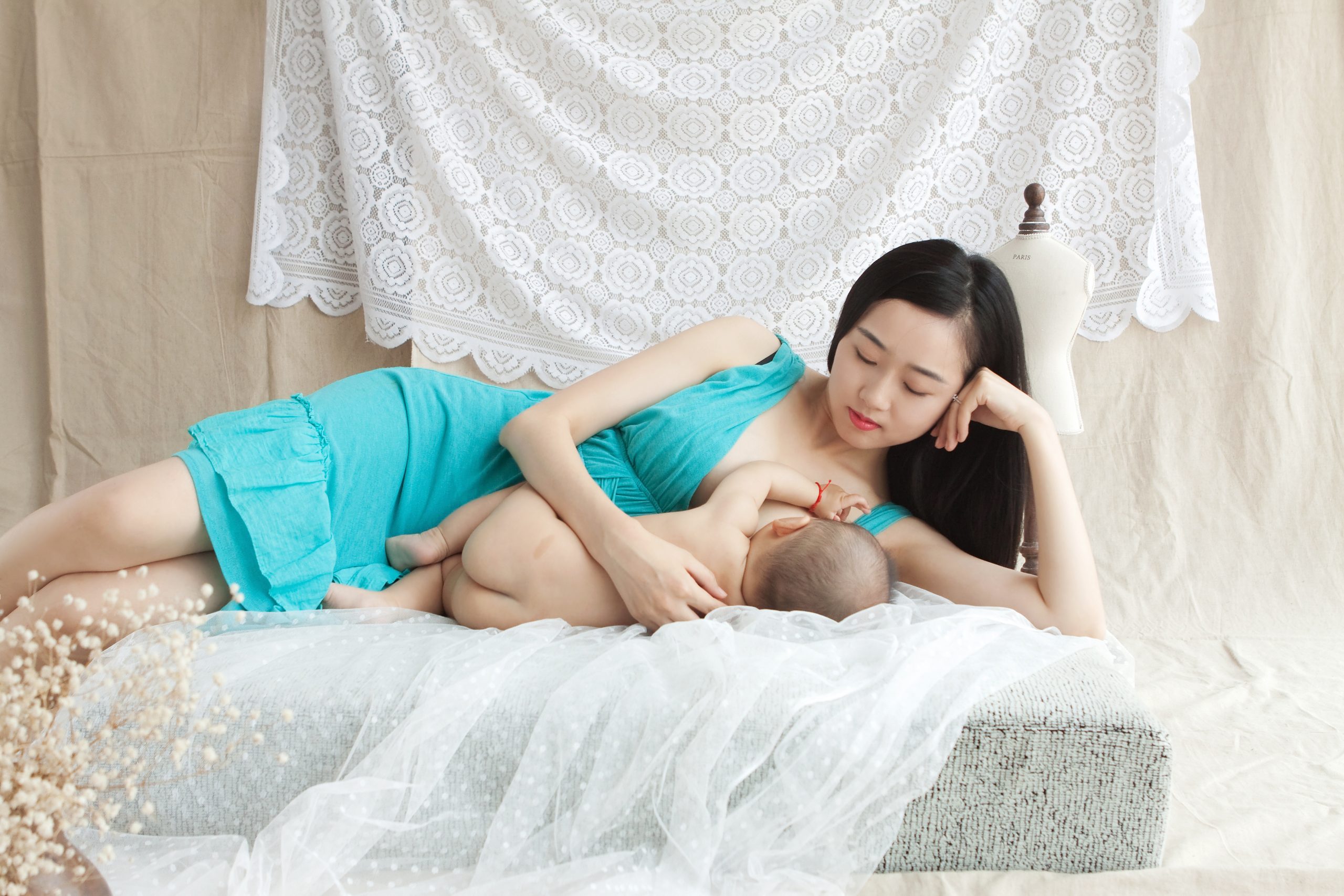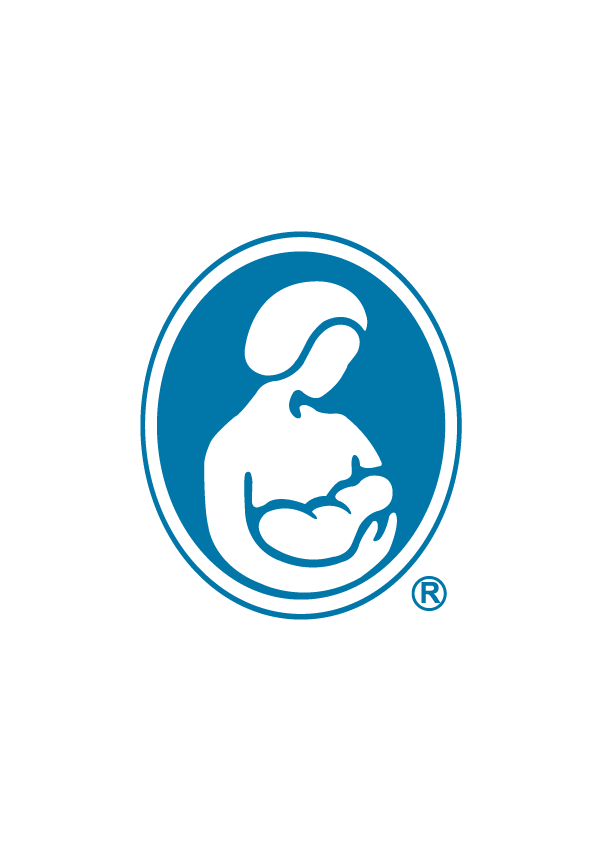
Mary Kay Linge
Staten Island NY USA
Report from the 2005 LLLI Conference
2005年国际母乳会会议报告
From: NEW BEGINNINGS, Vol. 22 No. 5, September-October 2005, p. 208
Michal A. Young, a neonatologist at Howard University College of Medicine, took an active role in the recent controversy over the breastfeeding public service ads that were modified at the behest of the formula industry. She offered an inside perspective on the ideas behind the ad campaign and a way to move forward during her session, “Risks of Not Breastfeeding and Strategies to Promote Exclusive Breastfeeding for the First Six Months.”
Michal A. 杨, 霍华德大学医学院新生儿科学家,在最近的关于母乳喂养公益广告被按配方奶行业要求修改的争论中发挥了其积极作用。她在会议上提出了公益广告活动背后的意图并指明了前进方向,即 “婴儿最初六个月不进行母乳喂养的风险和促进前六个月纯母乳喂养的策略” 。
Dr. Young observed that too many pediatricians “give lip service” to the American Academy of Pediatrics‘‘ standards, which recommend exclusive breastfeeding for the first six months of life. The original ad campaign would have pointed out more of the health risks of formula feeding, including an increased risk of diabetes and increased rates of childhood cancer. “We need to be able to say without hesitation that artificial baby milk is inferior to human milk,” she said emphatically. “This thought should just roll off our tongues. Why breastfeed? To keep your child from getting sick and dying.”
杨博士指出,太多的儿科医生对美国儿科医师学会的标准只是“口头上说说而不执行”,标准建议最初六个月进行纯母乳喂养。原来的公益广告内容道出了更多的配方奶喂养引发的健康风险,包括患糖尿病的危险增加及儿童患癌症几率增加。 “我们必须毫不迟疑地说出人造婴儿奶粉绝对不如天然母乳好,” 她强调说,“我们应该脱口而出,为什么母乳喂养?就是为了使您的宝宝远离病痛和夭折” 。
Focus groups found that mothers-to-be are more likely to consider breastfeeding when they hear about the risks of formula, Young said. Researchers concluded that the proposed ad campaign didn‘‘t make women who had chosen to formula-feed their babies feel guilty; rather, it made them feel angry that their doctors had never told them about the risks of that choice. Looking on the bright side, Young said that the ad campaign fight forced breastfeeding advocates to pull all their research together. It‘‘s clearer now than ever before that, “It is criminal to not inform mothers of the risks,” she said.
杨博士说,调查发现准妈妈在听到配方奶的风险后会更倾向母乳喂养。研究人员得出结论认为,原有的公益广告内容并没有让那些选择了配方奶粉喂养宝宝的妇女感到内疚;她们的感受是愤怒,因为医生从来没有告诉过她们配方奶喂养的风险。从积极的一面说,她认为这次公益广告内容的争议迫使母乳喂养维权人士把各项相关研究做了个整理。现在比以往任何时候都更清晰了,“不告知妈妈相关风险就是犯罪, ”她说。
“Changing society‘‘s attitudes toward breastfeeding is a challenge,” Young commented. It calls for education, practical instruction, and emotional support for new mothers. When she talks with women about breastfeeding, Young said she is sure to bring up such benefits as quicker postpartum weight loss and the sense of pride that comes from nourishing baby with mother‘‘s milk. “You have to walk it with them,” she said of the counseling process. “You never know what will encourage a mother to breastfeed.”
杨博士说: “改变社会对母乳喂养的态度是个挑战”。它需要对新手妈妈进行教育,务实指导,以及情感上的支持。当她与妇女谈论母乳喂养时,杨博士说她肯定会提到母乳喂养的诸多好处,比如加快产后减重,另外能用自己的乳汁滋养宝宝会给你带来自豪感。关于母乳喂养顾问服务,她说,“你必须自己实践,不然你永远不知道什么能鼓励妈妈进行母乳喂养” 。
Young said that negative attitudes from other women discourage many young mothers from breastfeeding. “Keep at it,” Dr. Young advised breastfeeding counselors. “I always say, ‘‘This is your baby. You want less than the best for your baby? Your choice.‘‘” Big business may have undone the ad campaign, but nothing can stop committed advocates from spreading the word about the risks of not breastfeeding.
杨博士说其他妇女的负面态度会劝阻许多年轻妈妈进行母乳喂养。 “坚持进行,”杨博士对母乳喂养辅导员建议说“我总是说,‘‘这是您的宝宝。您不想给宝宝最好的吗?您自己选择。” 有实力的企业可以对我们的公益广告内容进行删节篡改,但没有什么可以阻止母乳喂养维权人士传播非母乳喂养的风险。
